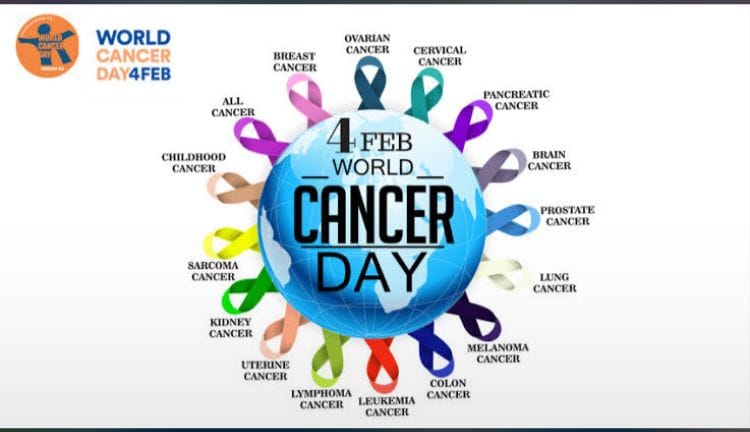By Bongiwe Zwane-Maseko
The Union for International Control (UICC), which drives the campaign for World Cancer Day on February 4, calls on governments around the world to prioritise four policy actions to reduce preventable cancers caused by tobacco use and the consumption of alcohol and ultra-processed foods including sugary beverages.
Nearly half of all deaths due to cancer – 4.45 million out of more than nine million in 2019 – were caused by known modifiable risk factors, with smoking, alcohol consumption, and high body mass index (BMI) among the top three.
Sugary drinks and ultra-processed foods are known drivers of obesity, defined as a BMI above 30 and, like tobacco and alcohol, are potentially addictive. These products are marketed by companies whose corporate interests often outweigh concerns for global health.
“Millions of avoidable cancer deaths are caused by unhealthy products sold by heartless companies who interfere in policy debates and misuse science to secure a favourable commercial environment. As we celebrate World Cancer Day, UICC stands ready to support ultra-processed efforts to limit people’s exposure to tobacco, alcohol, and ultra-processed food products,” said Cary Adams, CEO of the Union for International Cancer Control.
Given the growing burden of cancer globally and particularly in low- and middle-income countries (LMICs), UICC calls upon governments this World Cancer Day to strengthen their resolve and implement policies that severely restrict the ability of companies to market and sell their carcinogenic products.
UICC recommends four policy actions that have proved effective in reducing the availability and consumption of unhealthy products:
1. Increase taxation: Studies in the US show that a 10% increase in the price of cigarettes reduces adult consumption by 3-5%, and youth are up to three times more responsive than adults.
2. Enforce marketing limitations, including age restrictions and reduced points of sale. A government analysis in the UK showed that banning junk food advertising on TV before 9 pm would result in £1.9 billion in public health benefits with reductions in obesity-related ill health over children’s lifetimes.
3. Improve labelling: Impose product warnings and information labels.
4. Run extensive public education campaigns to improve knowledge of risk factors, and further counter misleading advertising, market promotion, and policy interference.
World Cancer Day: commercial interests drive millions of avoidable cancer deaths

Related posts
- Comments
- Facebook comments

